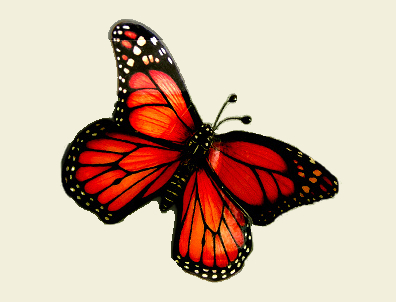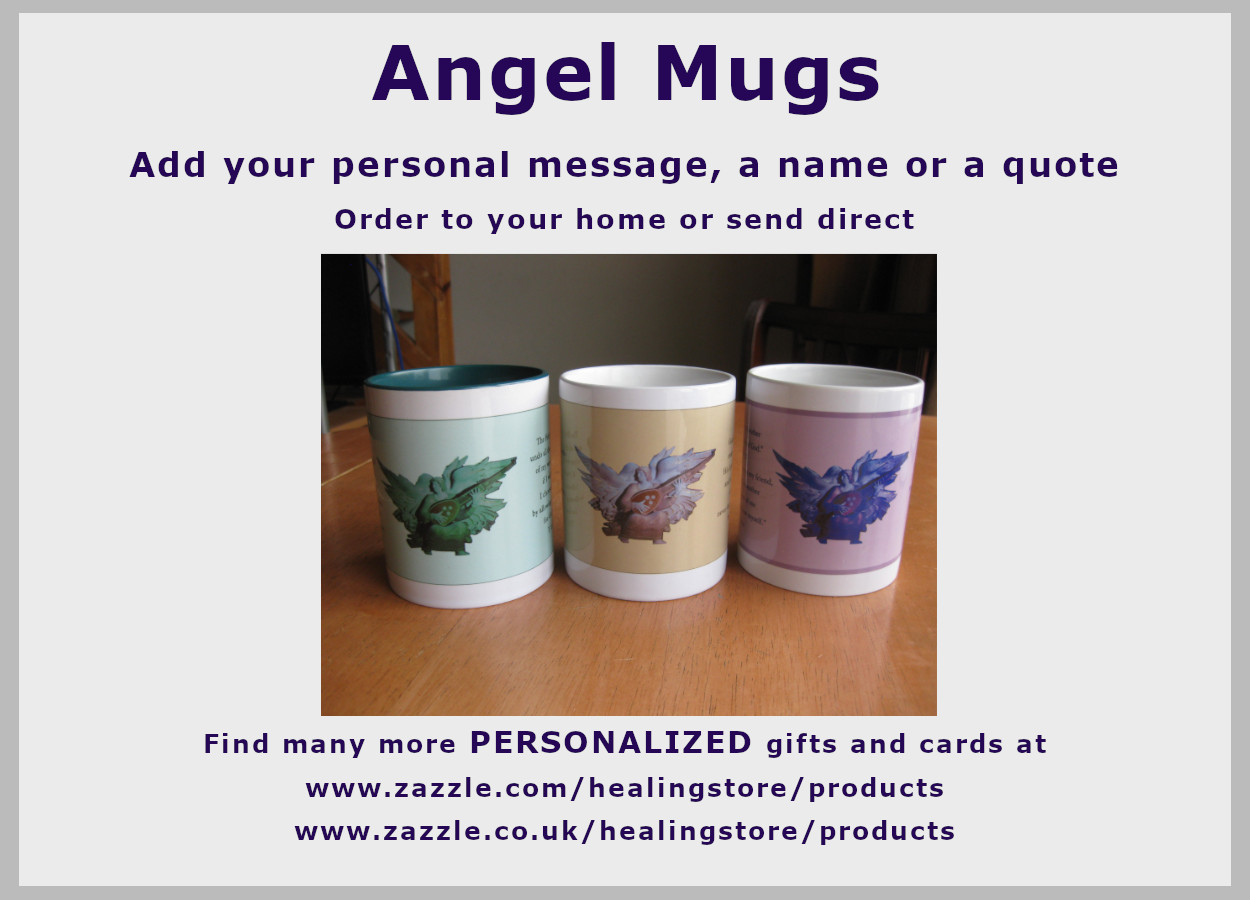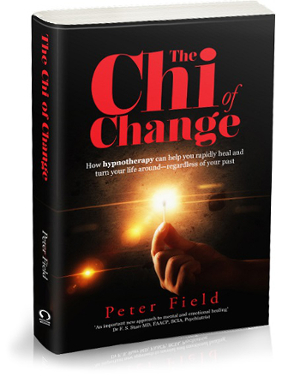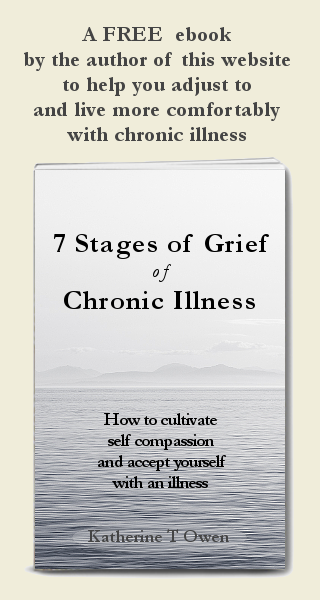What Is Depression?
This article on “What is Depression” and "Tests for Depression" is based on extracts from author Peter Field’s book The Chi of Change.
Or click here to CHOOSE FROM
A RANGE OF personalizable cards and gifts.
The healing-themed gifts are designed by myself, Katherine, the author of
this website HealingCFSME.com
Proceeds go towards the cost of the website. Thank you. Enjoy!
What is depression?
Depression has been a widely accepted clinical diagnosis since the mid twentieth century.
What precisely does the word depression mean? The derivation of the word is from the Latin deprimere, meaning 'to press down'.
Pressed down is a good description of the feeling we have when we say we are depressed. It can feel as if we are carrying the heaviest of loads.
We are not to blame for this thing we label depression – and
it certainly does not mean we are weak or inadequate, but if these feelings are
ours, then we are responsible for managing them.
This may include taking the action of seeking professional help.
This advice on depression and treatment (treatment information COMING SOON) is provided for your information, but if you do experience a persistently depressed mood that seems to last beyond a couple of weeks, please seek help without delay.
If you have depression, please remember that you are not that diagnosis: you are so much more than the name assigned to a collection of symptoms.
Tests for depression
Depression has no biological markers. There are no lab tests for depression.
In answer to the question 'What is depression’ we can reply that it is a label assigned to a group of symptoms – a diagnosis determined by the way we feel.
The only test for depression is the individual's own subjective, self-reported experience along with the opinion and mindset of the person being reported to (the doctor).
Do I have depression?
If you are asking ‘Do I have depression?’ take a look at the following sections:
- The depression symptoms test. SEE BELOW. Do you relate?
- Causes of depression. Are any factors present in your own life?
- Alternative treatment for depression. Many of these treatments are common sense approaches which will benefit your physical and mental health whatever diagnosis you go on to be given.
Types of depression
What is depression? - the label of depression includes three types of depression.
· mild depression
· moderate depression
· major depression.
In my new book The Chi of Change I talk about these three types of depression along with the following sub-categories:
· bipolar disorder
· postpartum depression
·
seasonal affective disorder (S.A.D.)
How many people have depression?
It is estimated that every single one of us will be affected by depression –our own or someone else's – at some time in our life (Singleton et al .2000).
Depression and anxiety are now considered to be the most common psychological difficulties in the United States (Devane at al 2005), and in the United Kingdom (Singleton and Bumstead, 2001), with children as young as three exhibiting what are considered to be clear signs of depression (Luby, 2010).
Every tenth American over the age of 12 now regularly takes prescription medication for depression (Pratt and Brody, 2011; Wood, 2011).
Depression statistics in Australia are comparable to those of the United States (Australian Institute of Health & Welfare, 1998).
The World Health Organisation (WHO) has forecast that by 2020 depression will be the second largest killer, after heart disease.
These statistics for how many people have depression are all recent statistics.
Depression symptoms test
This list of symptoms below is from the World Health Organisation.
It is not necessary to have every depression symptom on the list to receive a
diagnosis of depression.
Neither are you obliged to seek the label of depression if you experience some or even many of the symptoms.
Along with considering each depression symptom to see if you relate, you may also gain an idea of 'what is depression' by reading my description of my own experience of depression which follows on.
This list of symptoms is given only as a guideline.
· low mood
· mood swings
· losing interest in life
· not coping with things that used to be manageable
· feeling exhausted
· feeling tired
· feeling restless
· feeling agitated
· holding pessimistic views of the future
· loss of appetite
· weight loss
· sleeping difficulties
· reduced self-esteem
· reduced self-confidence
The profoundly unhappy and despairing person often finds it difficult to think about or even to imagine a future.
Options seem either to have all closed down, or to be so numerous and confusing that the fear of choosing the wrong one can overwhelm and bring us to a grinding halt.
In my early twenties, I experienced a prolonged period of what my doctors and I took to be ‘clinical depression’.
What is depression in my own experience?
(Peter Field)

To me, it was as if time had stopped. Day had become night, night had become day, and both were an endless drudge. It felt as if the light and the colour had been drained from my life. I was adrift at sea without rudder or compass.
With the future so obscure that it seemed to oscillate between the unthinkable and the impossible, and a past that was permeated with both unexpressed rage and guilt, I found myself sinking into a terrible greyness, a foggy existence that appeared to be both empty and pointless.
Move to read further extracts from Peter Field's book, including suggestions for 'depression cause' and 'natural healing therapy for depression'.
Move from What is Depression? to an article on How to Relieve Stress Symptoms
Receive daily inspiration...
by putting your favorite (favourite) healing quote on
a mug, cushion, postcard, coaster, T shirt etc.
You will find my zazzle gift store at
zazzle.com/HealingStore.
Use one of my designs or start from a blank.
Thank you from me, Katherine, author of HealingCFSME.com
 |
© Katherine T Owen. All articles on this website are copyrighted. I am delighted if you choose to click above to share this page on social media, but please
do not copy, print or otherwise use without my permission. Thank you. Disclaimer:
I am not a medical practitioner. The articles on this website are not
to be taken as medical advice. Please consult a medical practitioner as
necessary. |








